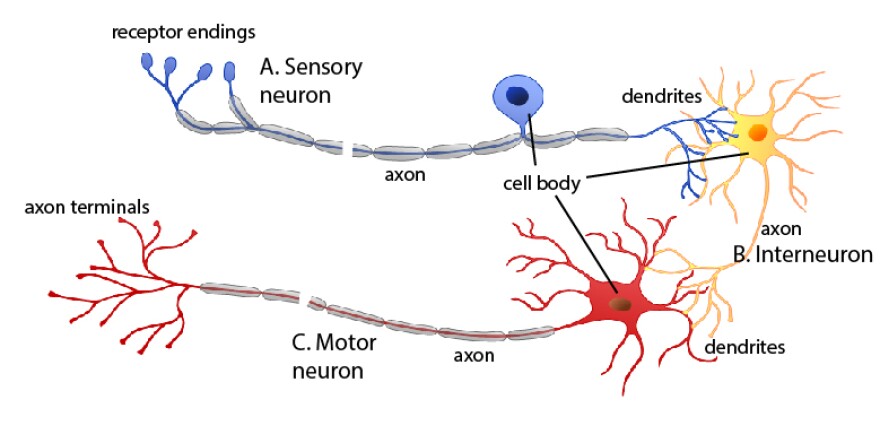Two Delaware State University professors believe there is more to motor neurons than what scientists already know.
Motor neurons are nerve cells that pass information from the brain or spinal cord to the muscles.
Past studies focused on motor neurons operate on the premise that that's all they do, but Delaware State University’s Melissa Harrington says there’s more.
“The motor neurons themselves have integrative capacity and are part of a learning process for motor learning that it’s not something that just happens in the brain,” Harrington, DSU’s interim associate vice president for research, said.
If motor neurons are activated for a long period of time, they become less excitable, or harder to activate, she said.
“That could be a model for central fatigue where people feel tired, not because their muscles are tired, but because the neuron has reduced its ability to drive muscle contractions,” she said.
Harrington is collecting biological data about the physiology and behavior of the motor neurons. Her co-researcher, Tomaz Smolinksi, will use computer models to simulate the data that goes inside the neurons to measure the changes in how they drive muscle contractions.
They are also looking into the mystery behind why neurons become less active when they are stimulated for a long time. They want to know if it is possible to halt the decline in neural activity that results from endurance, allowing muscles to stay stronger for longer. That could help people as they age and their muscles get weaker.
Harrington and Smolinkski received a three-year $700,000 grant to dig deeper into this.


